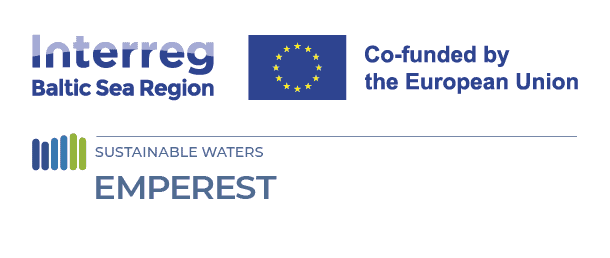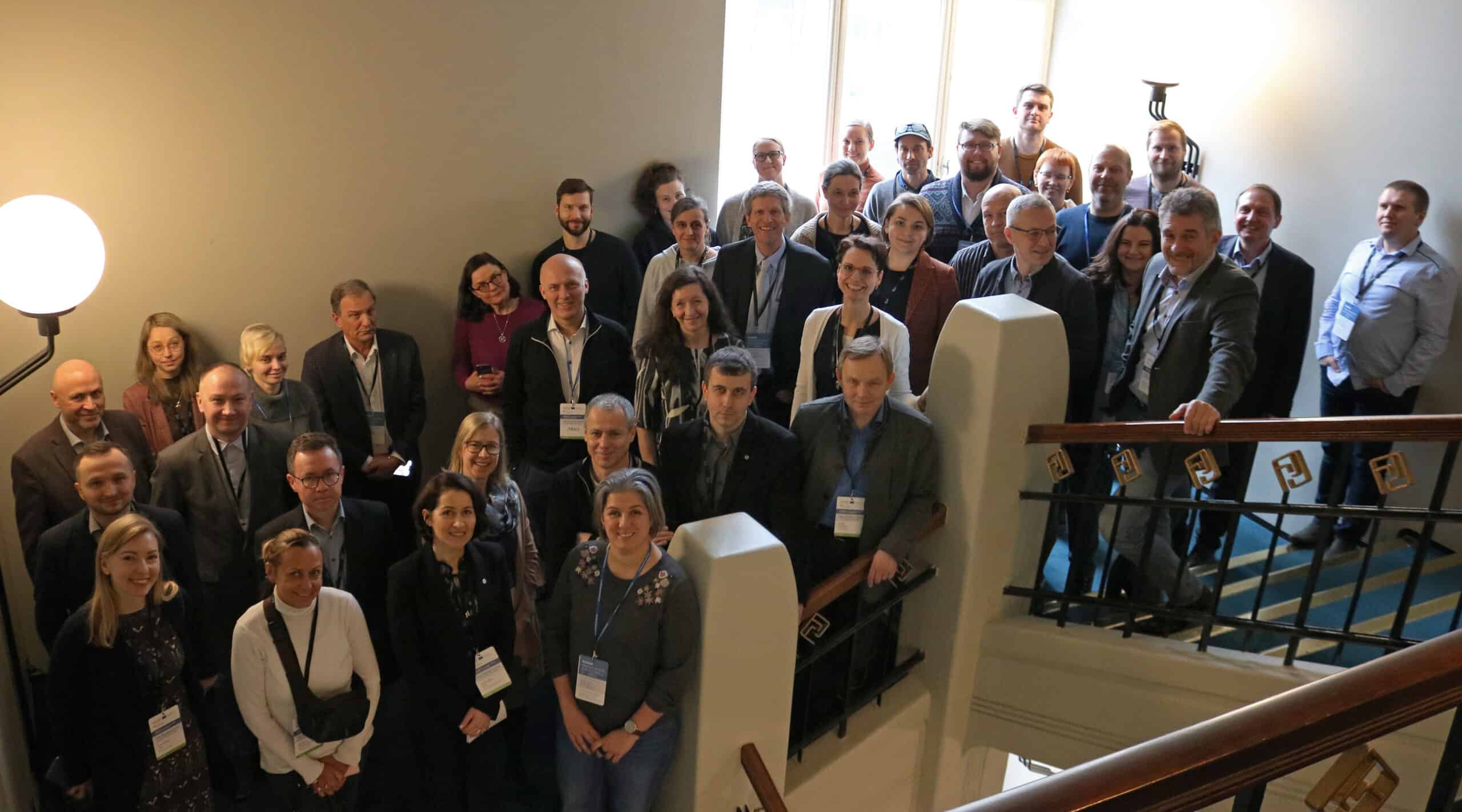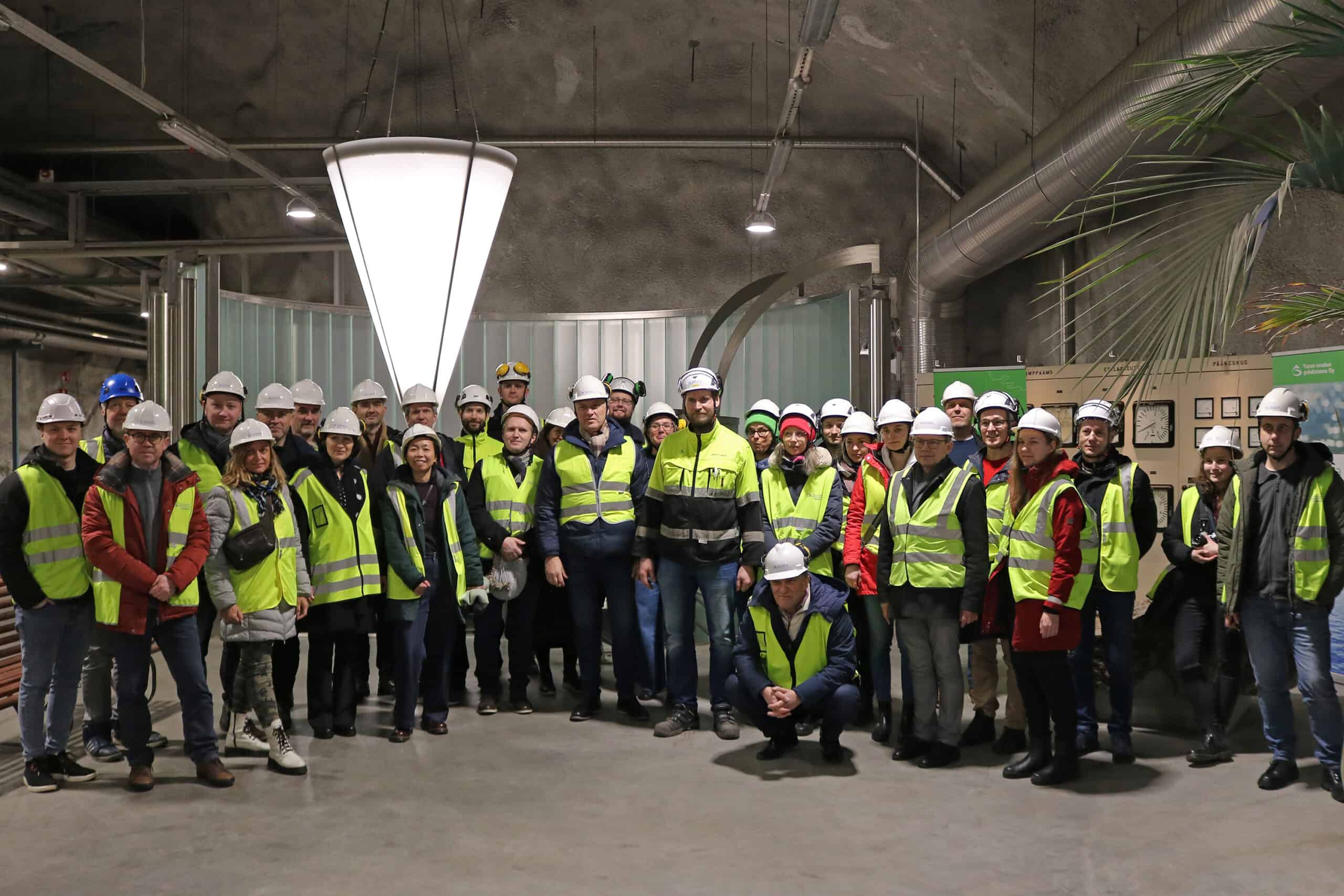
EMPEREST project addressing PFAS kicks-off in Turku
28 February 2023
The EMPEREST stands for Eliminating Micro-Pollutants from Effluents for Reuse Strategies. This project tests advanced treatment technology that helps water utilities better remove organic micropollutants such as PFAS from wastewater. EMPEREST targets strengthening of the management cycle, including monitoring and assessment, regional regulations at source and end of pipe solutions to prevent the release of micropollutants in the aquatic environment.
During the implementation years, the project will work along four activity strands. First, in close cooperation with HELCOM, the project will prepare methodological recommendations to monitor PFAS group in the aquatic environment. Meanwhile, local authorities will be developing a city-specific PFAS risk assessment framework to identify and assess PFAS-related risks and propose relevant risk mitigation strategies.
Further, a large part of the project will be looking into the wastewater treatment as a point source of organic micropollutants to the environment. EMPEREST will pilot advanced treatment technologies with mobile pilot containers to collect a comprehensive picture from the region. To support this and other activities, capacity development will take place for both local authorities and public service providers to inform them about the recent developments in the field and train them with tailored materials and tools.
To discuss these strands in more details and carefully plan the activities for the coming years, the partnership gathered in the city of Turku – home to the lead partner of the project, Union of the Baltic Cities Sustainable Cities Commission. There, throughout three days of discussions and workshops, inspired with the welcoming words from the Deputy Mayor of Turku and the 1st Vice-President of the Union of the Baltic Cities Elina Rantanen, the consortium planned the next steps and outlined most efficient ways of reaching target groups in this process.
During the kick-off, EMPEREST partnership also got a chance to visit the Turku wastewater treatment plant – one of the project partners. Turku WWTP actively addresses its climate impact and has reached the negative carbon footprint of wastewater treatment activities. At the same time, the operations of the plant are highly energy efficient, as wastewater treatment activities produce ten times more energy than they consume. With this as a background, the plant, together with several other water utilities, will participate in piloting activities to combine the necessary knowledge needed for larger WWTPs in the Baltic Sea Region to be able to start planning their investments into advanced effluent treatment in the near future.







